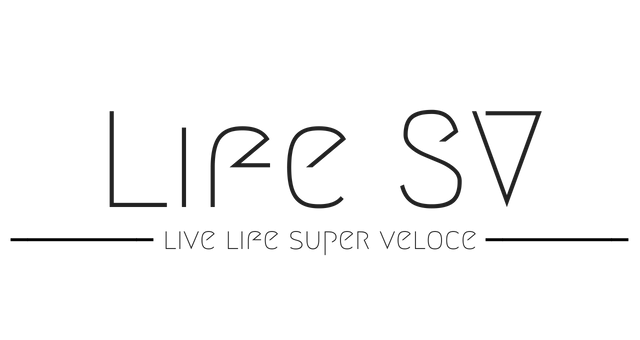You’ve likely heard of stem cells before, either in the news, online, or from someone you know. You might be wondering if they can help — and what stem cells even are.
To give you a better understanding, here’s a primer on stem cells, what they do, and whether stem cell therapy is right for you.
What are stem cells
According to WebMD, “Stem cells are the body’s raw materials — cells from which all other cells with specialized functions are generated.”
Stem cells can divide to form more cells, which are called daughter cells. These cells “either become new stem cells (self-renewal) or become specialized cells (differentiation) with a more specific function, such as blood cells, brain cells, heart muscle cells or bone cells.”
These are the only cells in the body that are able to generate new cell types.
According to MedlinePlus, the two main types of stem cells are embryonic and adult stem cells.
So why is this important and what can stem cells do?
What they do
Doctors believe stem cells can help increase the understanding of how diseases occur, generate healthy cells to replace diseased ones, and test new drugs for safety and effectiveness. Stem cells have already been used to treat diseases and fight some types of cancer and blood-related diseases, such as neuroblastoma, leukemia, lymphoma, and multiple myeloma.
Stem cells, needless to say, are beneficial to humankind and modern medicine.
Whether you’re considering a career in medicine and want to enroll in an RN-BSN program to become a nurse (or other medical professional), or if you believe stem cell therapy is right for you, the fact that stem cells are already being used to treat diseases is encouraging news.
Is stem cell therapy right for you?
Before answering that question, it’s important to point out that there are controversies surrounding stem cell research.
That’s in large part because people disagree with the use of human embryonic cells because extracting the stem means destroying the embryo. People have different definitions of when a human life starts, and that’s where the controversy lies, because many people believe a human life starts at conception.
However, according to Medical News Today, “by 2006, scientists had already started using pluripotent stem cells. Scientists do not derive these stem cells from embryonic stem cells.” As a result (and because of many other findings and studies), stem cell research and procedures are becoming more common and accepted.
So, is stem cell therapy right for you?
You should always talk to a medical professional before making a decision, and stem cell therapy in Westchester might be the place to start if, for example, you’re suffering from joint pain. Stem cell therapy can help you improve your quality of life and avoid complications related to invasive surgery.
Regenerative medicine is a non-invasive method for patients suffering from joint pain (knee, hip, shoulder, etc.), and it’s especially sought out by patients who’ve already tried other methods, such as steroids or pain medicine. As stated earlier, stem cells can also help treat certain diseases.
As stem cell research and procedures continue, the hope is that doctors will be able to discover more cures to conditions that once seemed incurable.
For example, the University of California reported that “UC San Francisco researchers have safely transplanted a woman’s stem cells into her growing fetus, leading to the live birth of an infant with a normally fatal fetal condition.”
To see whether stem cell therapy is right for you, how it can help, and what your options are, speak with a medical professional.
To read more on topics like this, check out the health category.


Leave a Reply